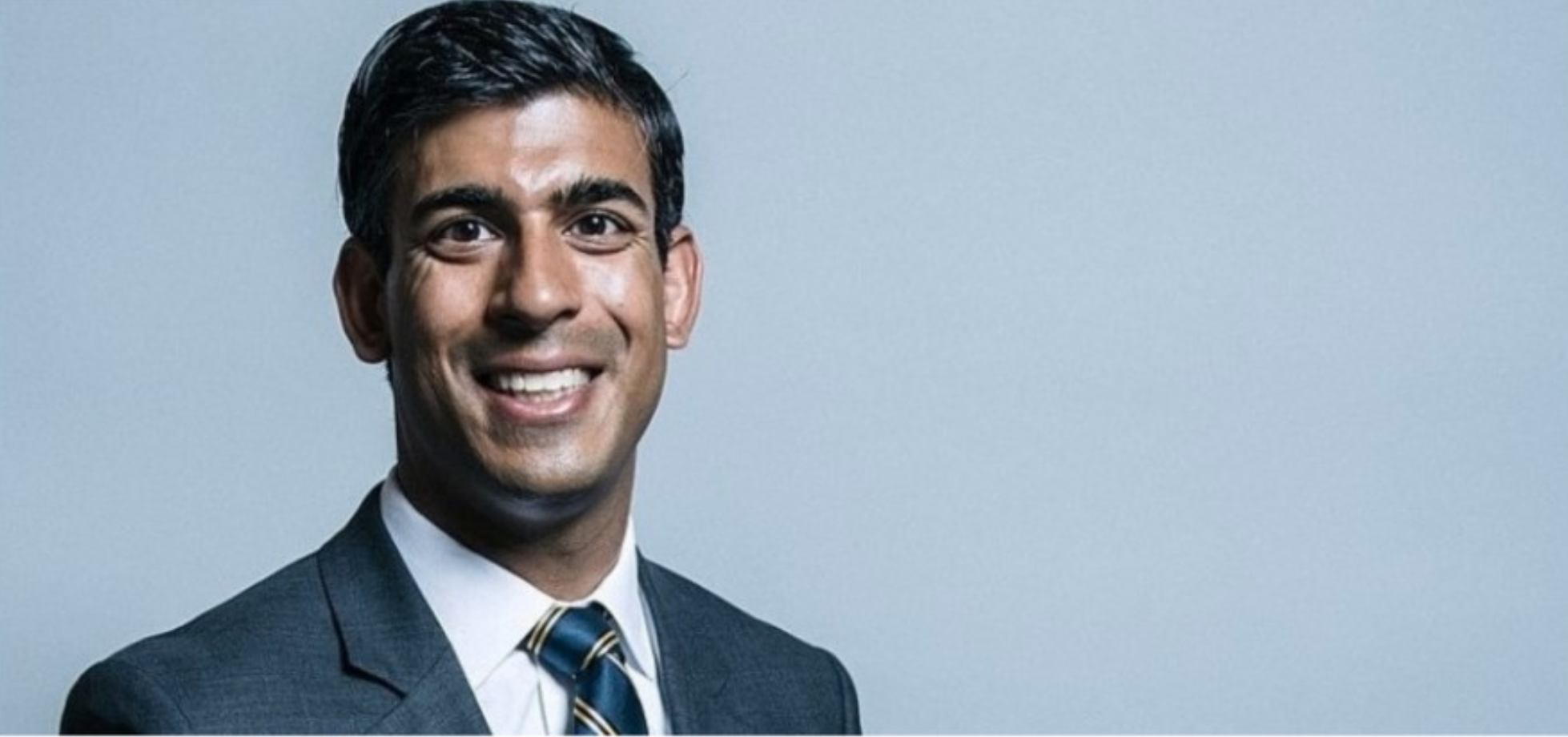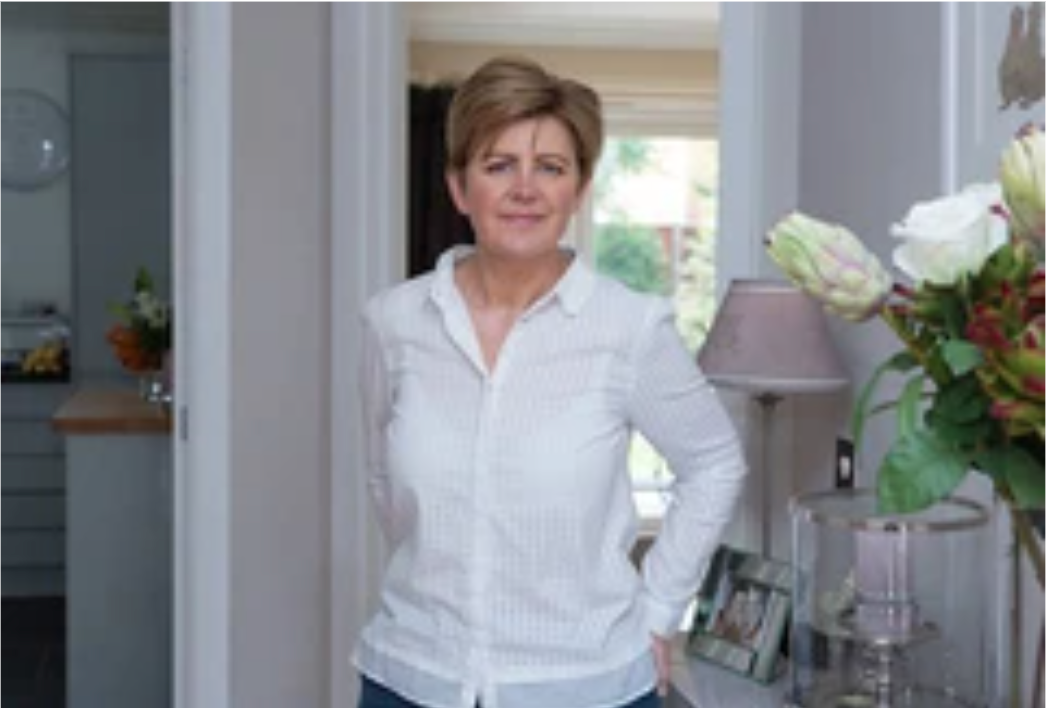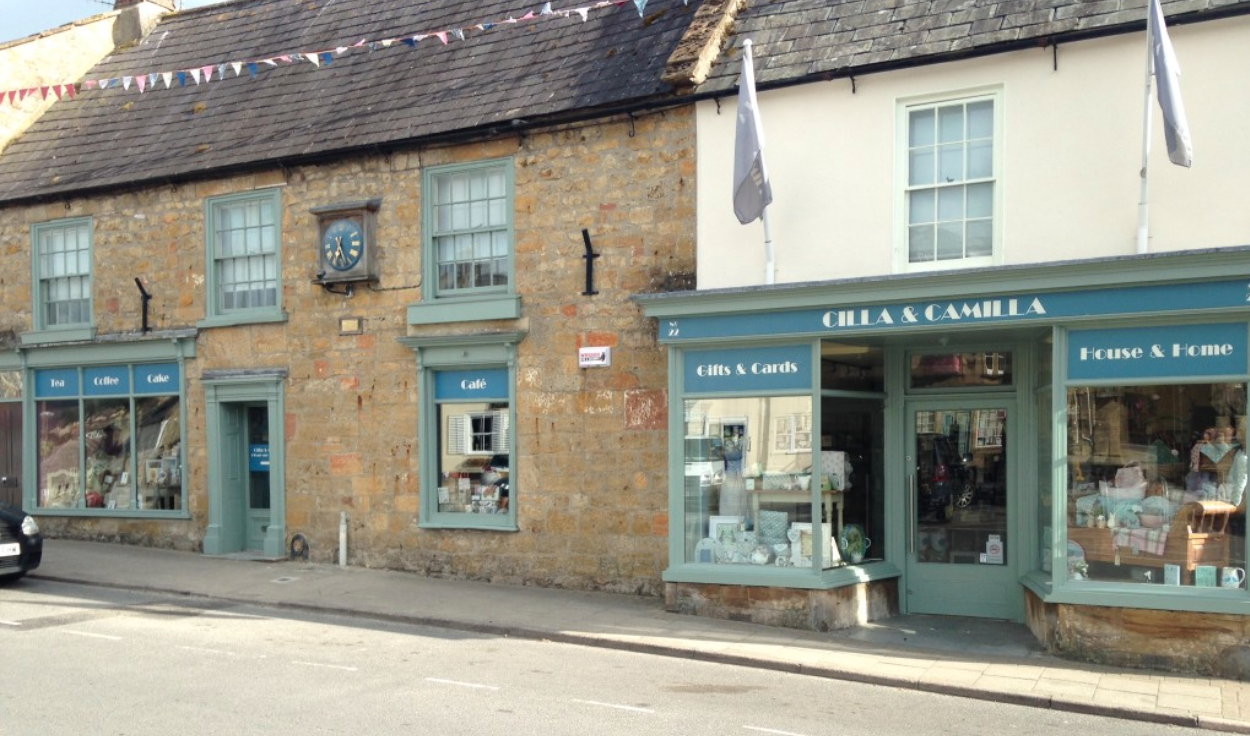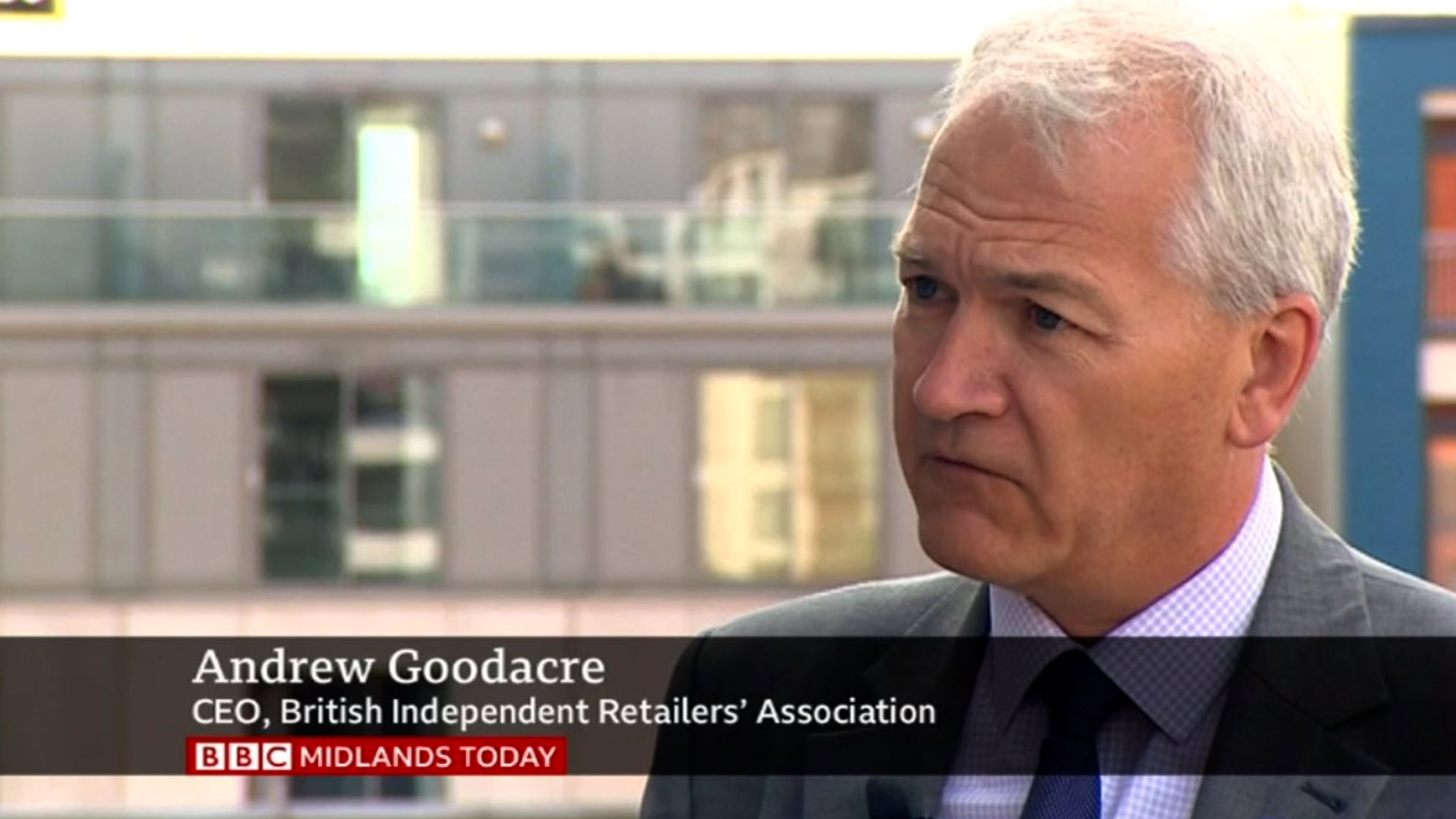While the 50% cut in business rates, announced by Chancellor Rishi Sunak in his recent Autumn Statement, will be a boost to the retail sector, other measures have not gone down so well, resulting in mixed reactions from greeting card retailers.

“As well as could be expected!” was the overall reaction Miles Robinson, co-owner of House of Cards had to the recent Budget. “While the business rate discount for next year is welcome (and vital) it was offset by the humongous increase to National Minimum Wage and the extra National Insurance Contributions (NIC).”
Miles is in no doubt that “We are all going to see significant cost/price increases and this ultimately will be borne by the consumer but in general greeting cards are still excellent value for money!”

Priya Aurora-Crowe, co-owner of Lark was more buoyant in her view. “What positive news! We feel a huge relief that the 50% discount has been extended for another year. We actually feared a rise in business rates before the announcement was made. We are extremely grateful for the support received so far from the government and long may it continue.”
Jo Barber, owner of No.14 Ampthill, is among those who were hoping for a bit more from Chancellor Rishi Sunak to help bricks and mortar retailers. “A reduction in business rates was most welcome – 100% would have been lovely, but we’ll take anything!
I was hoping there would be movement towards an online sales tax to level out the playing field and help repay the shortfall in rateable income, sadly that wasn’t to be.”

Cathy Frost, owner of LoveOne in Ipswich, also had reservations. “I was pleased to see some good news with respect to business rates, but disappointed not to see a commitment for a fundamental review of the system. Time will tell whether this budget will impact on consumer spend, which at this moment is my biggest worry in the run up to Christmas.”
Richard Barker, owner of four Cilla & Camilla shops in Beaminster, Bridport and Sherborne recognises the benefits it will bring. “For a business such as ours who, in the towns where we trade, deliberately occupy the very best prime sites we can acquire, this is as good a move as we could reasonably have hoped for. It’s worth well in excess of £25,000 to us in the coming year.” He continued: “the discount provides short-term support as we rebuild post-Covid and the other measures announced show a willingness to address the inherent inequity of the current non-domestic rating system.”

The business rates discount, up to a maximum of £1110,000, makes it the biggest single year cut to business rates in 30 years.
Other measures announced in the Budget include next year’s planned increase in the business rates multiplier will be cancelled; making business rates supposedly fairer and timelier, with three year evaluations from 2023; the introduction of investment relief for green technologies for 12 months, along with new rates improvement relief from 2023, where businesses will pay no extra business rates on improvements made to a property.

Voicing his concerns, Andrew Goodacre, ceo of the British Independent Retail Association (Bira) highlighted: “The devil is in the detail. The rates bill for this year was reduced to 25% of normal levels in response to Covid. Therefore, reducing rates by 50% next year is, in fact, a 100% increase on what businesses are actually paying. On top of everything else, this will be a challenge. We believe more could have been done, considering all the other inflation-busting increases such as wages, energy, supply chain, etc.” While he welcomed the use of rates relief to encourage investment in properties and the shorter time periods between rates reviews, reduced from five years to three years, he stressed that 2022 will more about survival than investment. “It will be a really difficult year for the high street and we hoped for more recognition to protect local communities, jobs and livelihoods.”
Top: An image of an empty high street Bira used to highlight its mixed views on the Budget.























